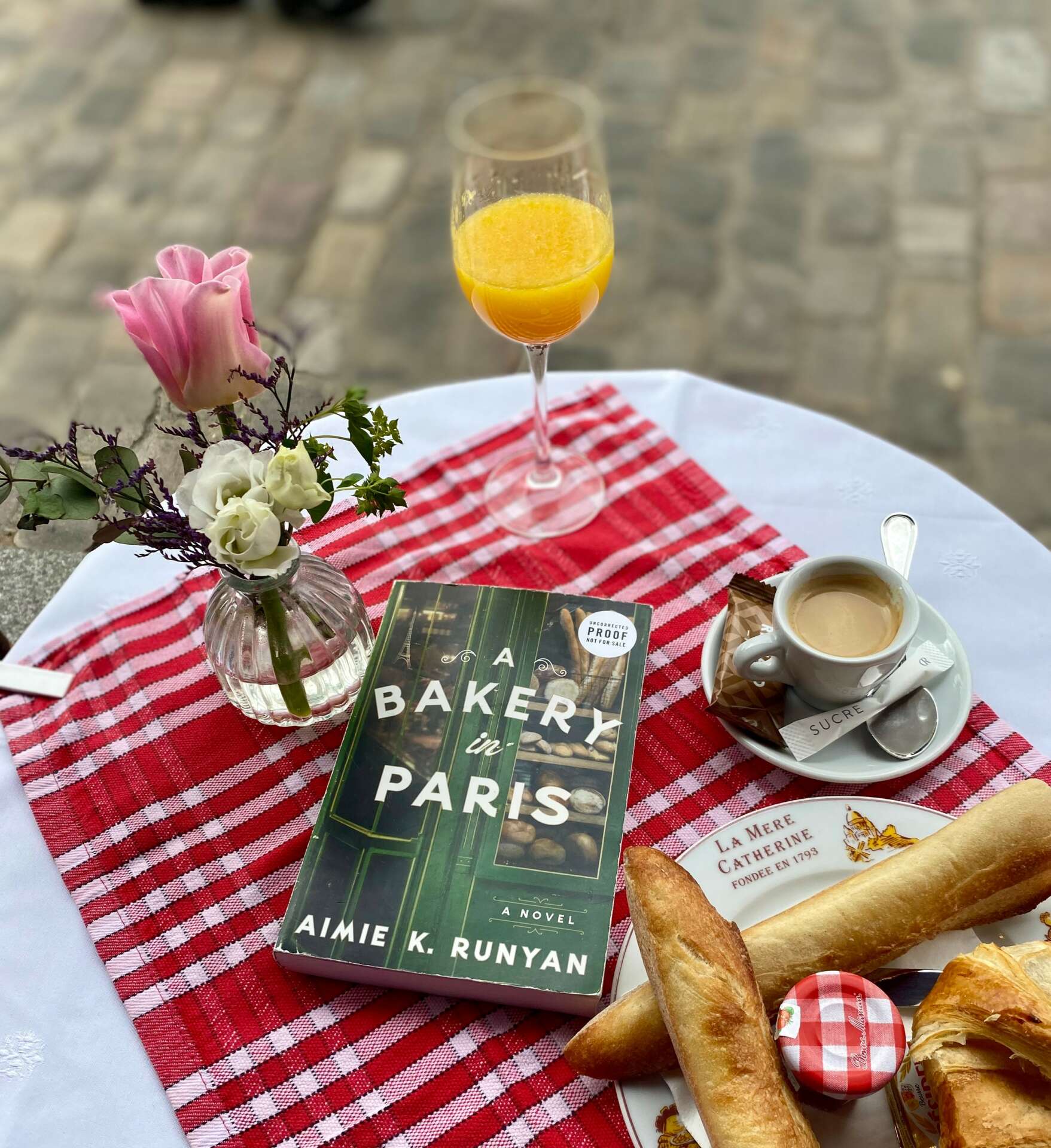We’re excited to introduce you to the always interesting and insightful Aimie Runyan. We hope you’ll enjoy our conversation with Aimie below.
Alright, Aimie thanks for taking the time to share your stories and insights with us today. So let’s jump to your mission – what’s the backstory behind how you developed the mission that drives your brand?
I began writing to shed light on women’s innumerable contributions to history that have, for far too long, gone unsung. I remember seeing “women’s history” blurbs in little pink boxes at the end of chapters in my school history texts talking about how hard women’s work was and how they suffered silently behind the scenes as men forged new civilizations. I knew there was more to the story that wasn’t being told, and so I sought it out. We read about the brave Doughboys in WWI, but we don’t hear about the women who ran the phone system when that technology was still in its infancy. We hear about the brave airmen in WWII, but not the Russian female squadron of fighter pilots who became the most decorated in the Red Army. My mission has evolved to telling uncomfortable truths about women and how we have been, and in many ways still are, systematically silenced.
As always, we appreciate you sharing your insights and we’ve got a few more questions for you, but before we get to all of that can you take a minute to introduce yourself and give our readers some of your back background and context?
I fell in love with the written word at a young age, and tinkered with projects for years. But because the difficulty of making a living in this field was always beaten over my head, I didn’t pursue it until I was in my thirties and just couldn’t resist the lure of writing my own book any longer. I have published seven solo historical novels and one historical collaboration with one more historical novel under contract for 2024, and have my debut contemporary releasing next February with another to follow in 2025. Considering I’ve had little formal training in creative writing and the positive critical response to my work. I’m proud that I’ve been able to produce such a quantity of quality work in the span of ten years since I decided to write seriously. I believe readers will come out the other side of my books with a better understanding of women’s roles throughout various periods of history as well as the human issues we face that have remained constant.
Have you ever had to pivot?
My first two books were not commercially successful, My publisher did not sign on more books, and so I pivoted to another era in history, leaving behind colonial Canada for WWII Russia in my third novel, Daughters of the Night Sky. Despite a modest sales record, I was able to sell my concept to Lake Union, which took my manuscript and launched it with a lot of support. The book did very well, and lifted my backlist up with it, thanks to a well timed BookBub advertisement. My second two books at the next house didn’t quite perform as well, so I pivoted again, and this time to a major Big 5 publisher: William Morrow. The process of marketing has been vastly different with a traditional publisher, and I’ve had to re-learn that aspect of the trade, but I think I’ve done so rather well. Going into the launch of my seventh solo historical title, I feel like A Bakery in Paris is better set up for success because of the changes I’ve had to make throughout the course of my career.
What’s the most rewarding aspect of being a creative in your experience?
First, learning about new points of history that have been underserved in fiction has been intellectually rewarding, I love the deep dive into little corners of the human story that haven’t been told, or only in limited ways, is a fantastic puzzle and the source of endless hours of curious delight. The twin aspect would be the creative pleasure I find in molding characters to tell these stories in a way that is relatable and authentic. I couldn’t find a job that suits my personality any better. For A Bakery in Paris, I got to learn more about the Siege of Paris and the Paris Commune, which are areas rarely treated in fiction, and also to delve into the aftermath of those conflicts. Pairing this with the post-WWII narrative makes it more approachable to many readers, and allows me to explore new areas of history. In this case, exploring the aftermath or brutal wars was a chance to show the suffering and heartaches that war creates on a personal level, and that was tremendously satisfying. 
Contact Info:
- Website: www.aimiekrunyan.com
- Instagram: https://www.instagram.com/bookishaimie/
- Facebook: https://www.facebook.com/aimie.runyan.author
- Twitter: https://twitter.com/aimiekrunyan
Image Credits
Courtesy of the author


